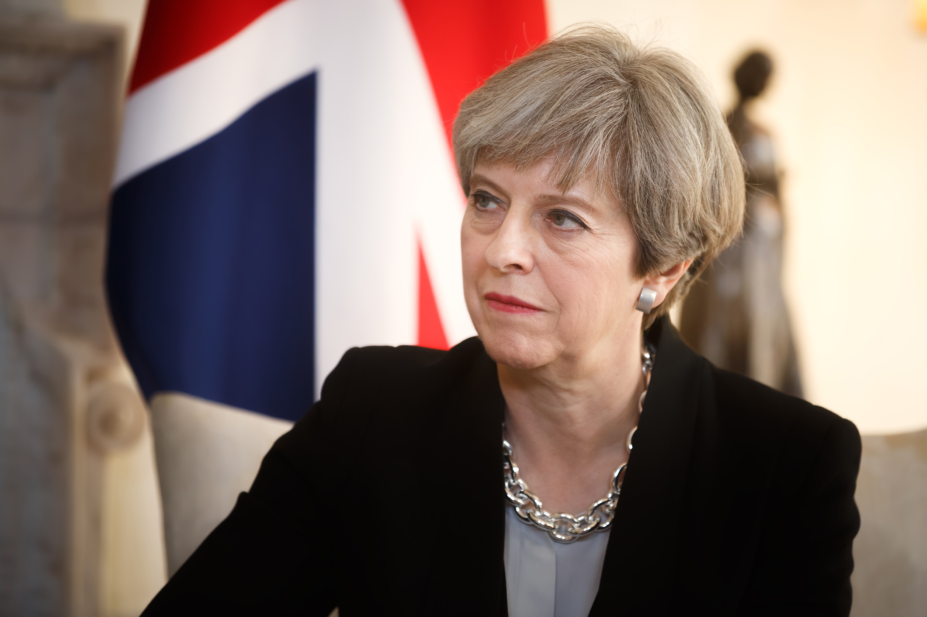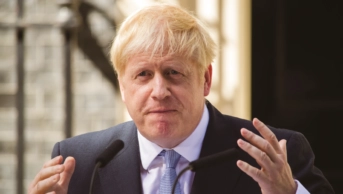
Shutterstock.com
Pharmacy can help ensure the NHS gets value for money from the £20.5bn planned increase in its funding by 2023–2024, say pharmacy leaders.
On 18 June 2018, Prime Minister Theresa May announced that the NHS England budget would increase by the equivalent of an extra £394m a week, and the Royal Pharmaceutical Society (RPS) responded by saying it would write to Jeremy Hunt, the health secretary, to urge him to spend some of this additional resource on pharmacy.
The Pharmaceutical Services Negotiating Committee (PSNC) said the extra funding meant it was now time to begin “substantive negotiations” on a new contract for community pharmacy.
The National Pharmacy Association (NPA), said the potential of existing infrastructure and workforce in the NHS needed to be “more fully realised” and that any plans for the extra money should include community pharmacy.
In her speech on the future of the NHS, given at the Royal Free Hospital in London, May said it was clear that more money was needed to keep pace with the growing pressure on the NHS.
“We cannot continue to put a sticking plaster on the NHS budget each year,” she said.
She explained that, under the government’s plan, NHS funding would grow on average by 3.4% in real terms each year from 2019–2020 to 2023–2024. An additional £1.25bn will also be provided each year to cover “a specific pensions pressure”.
May said the money would be provided specifically for the NHS, and that the Chancellor Philip Hammond would set out the details “in due course”. She added that it was key to “break down the barriers” between different organisations to deliver integrated patient-focused care so that patients “don’t end up stuck in hospital when they could be better cared for in the community or at home; or waiting to see a GP when they could be at a pharmacy”.
Sandra Gidley, chair of the RPS English Pharmacy Board, said that the extra funding must be used to “transform the way patients are supported to use medicines” and that the RPS will be writing to Hunt to make sure he is fully aware of what pharmacy can offer when decisions are made about where to spend this new investment.
“More than ever the NHS must make best use of every pound spent — this must include reviewing the skill mix available in every setting to increase the use of the clinical skills of pharmacists to provide better outcomes for patients and better value for the NHS,” she said.
“As extra funding goes into the NHS, it is important that the value pharmacists bring to improving patient care and safety is recognised more widely and funding is used to accelerate their increasing role in supporting the best use of medicines.”
Simon Dukes, chief executive of the PSNC, said: “We are pleased to see the government backing the NHS with this historic funding deal, and we look forward to working with the NHS to understand how community pharmacy can help to meet the challenges ahead as the NHS develops its ten-year plan.
“The first step in that journey will be for us to begin substantive negotiations on community pharmacy’s immediate future, which we hope to be able to do soon.
“Community pharmacies are the most accessible healthcare locations with much to offer to support both patients and the health service.”
Nitin Sodha, chair of the NPA, said that, along with the other national pharmacy bodies, the NPA would be working to ensure that pharmacy “has a place at the table when the key investment decisions are being made”.
“An important question is, how will the poorest patients and communities benefit from the new investment promised?” asked Sodha.
“Local pharmacies are unusual in the health service in being located close to where the health needs are greatest, in deprived areas, as well as more affluent areas.”


